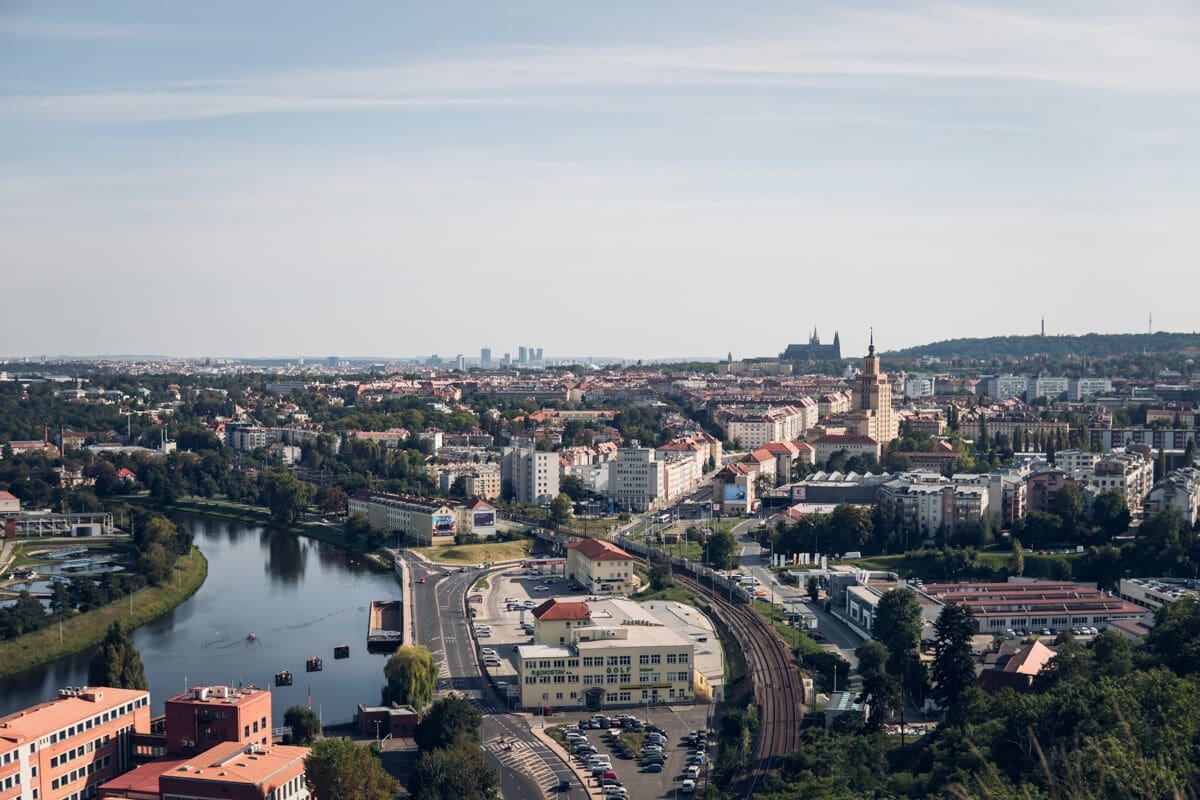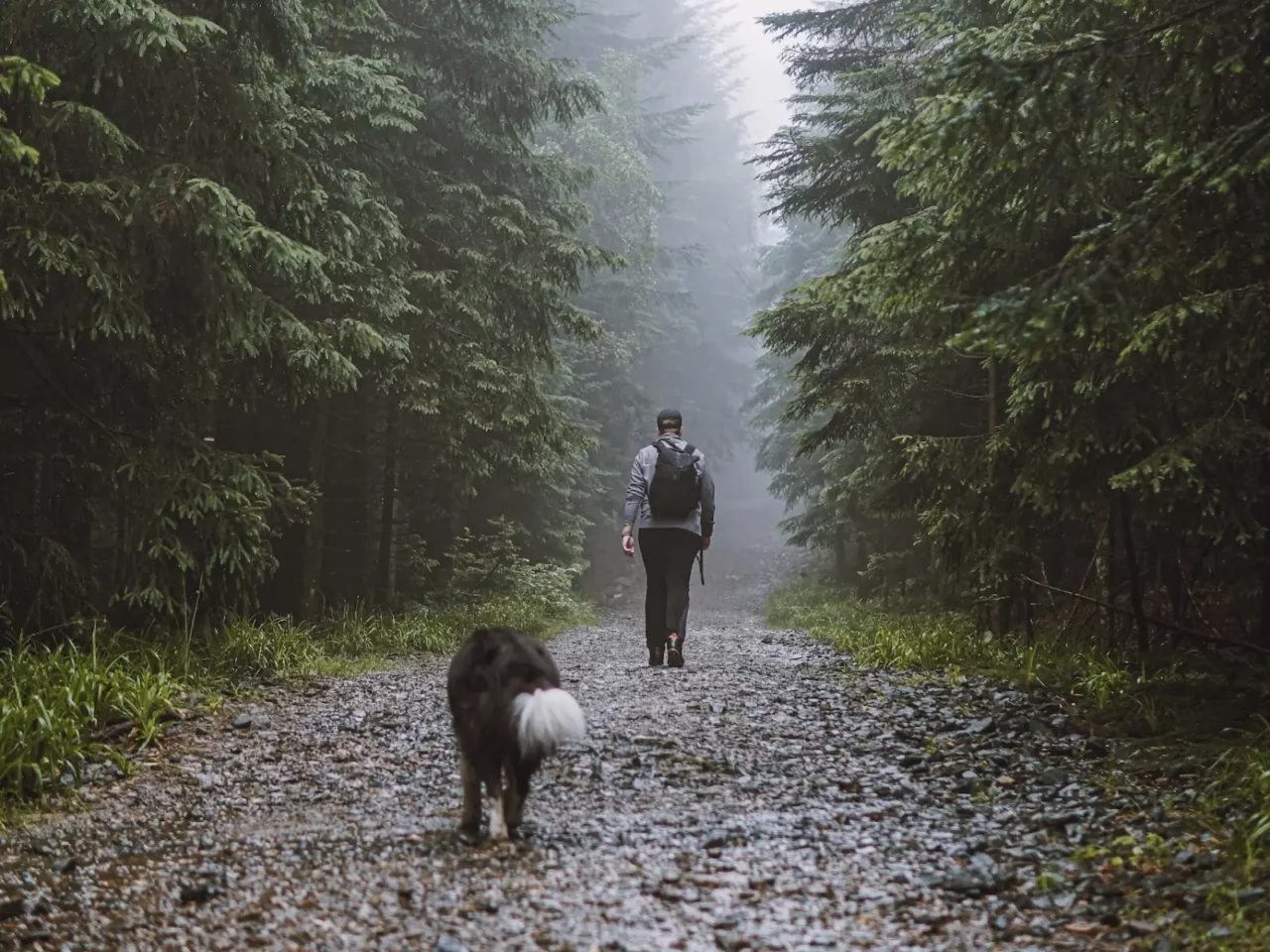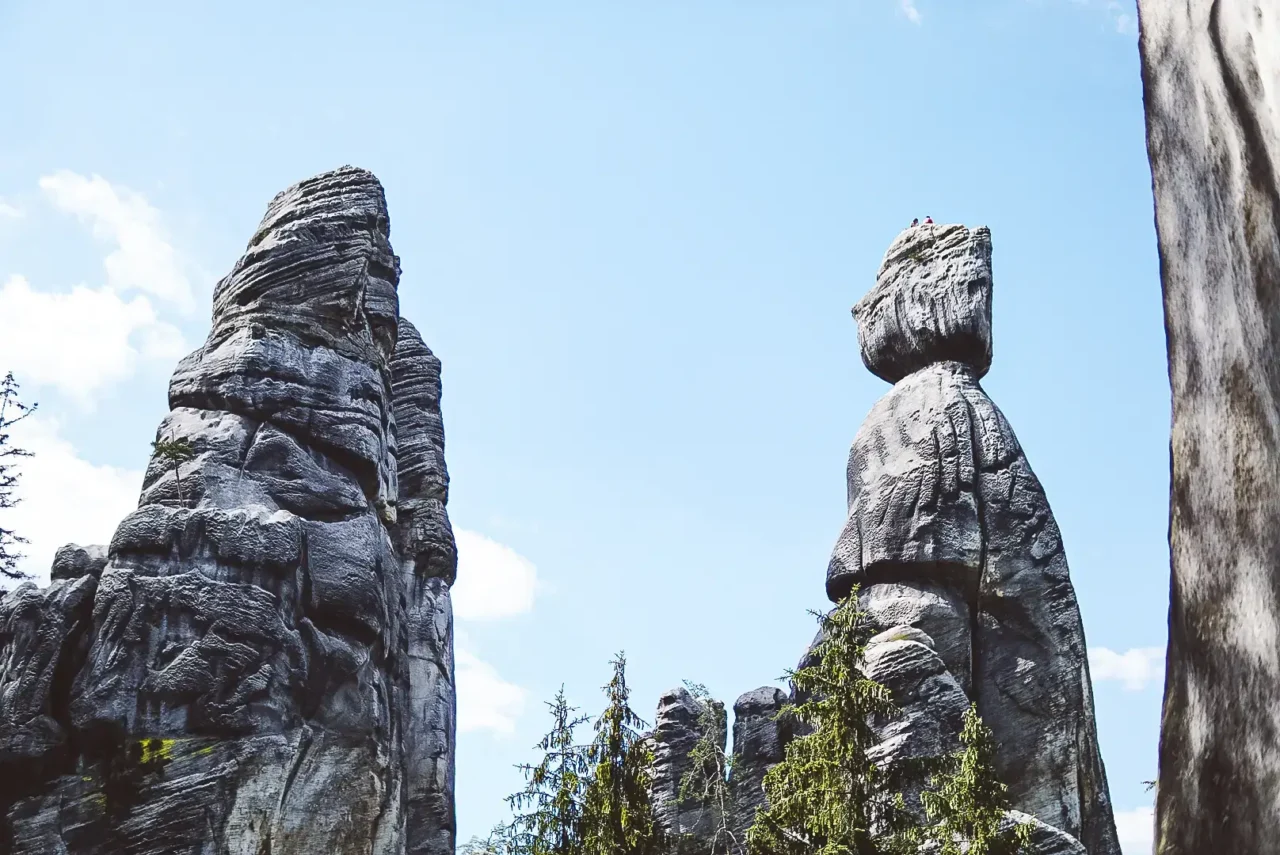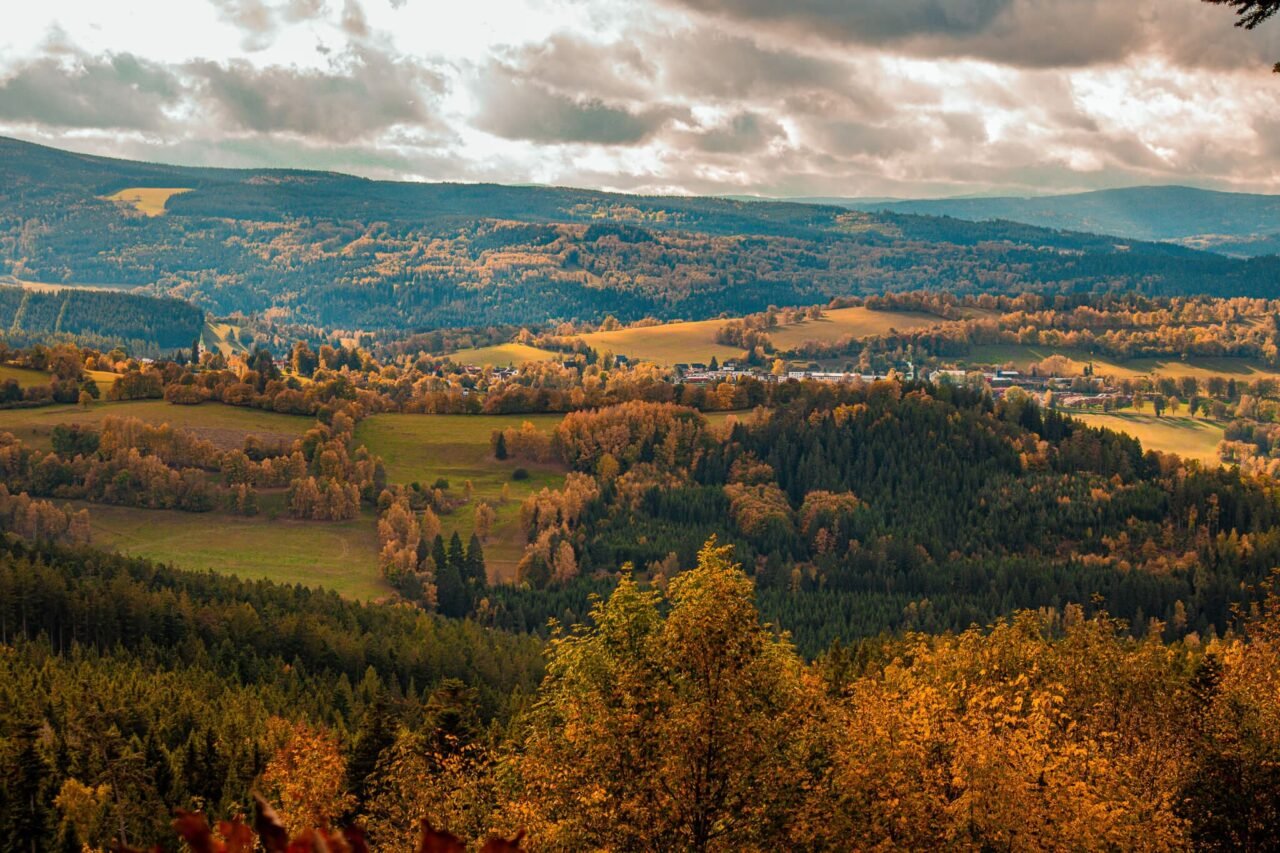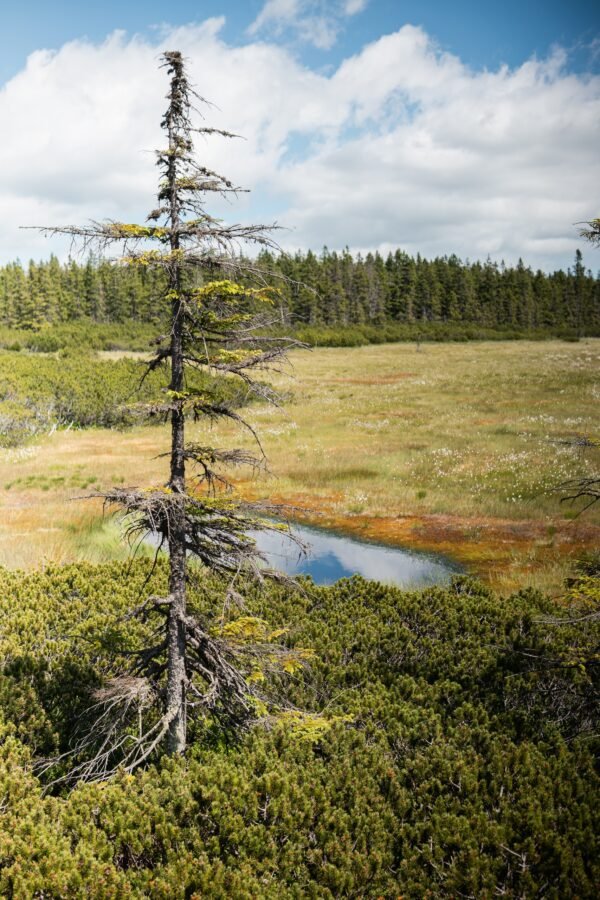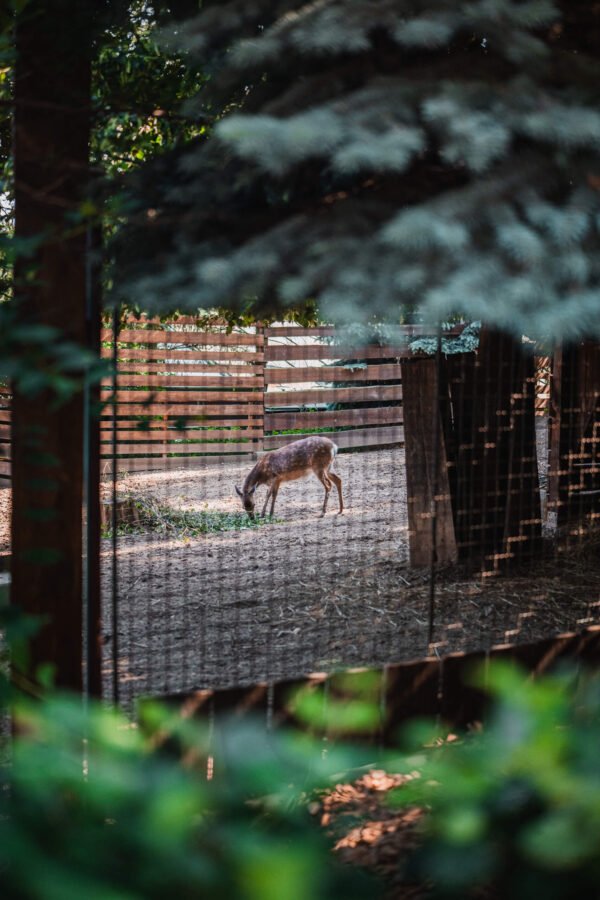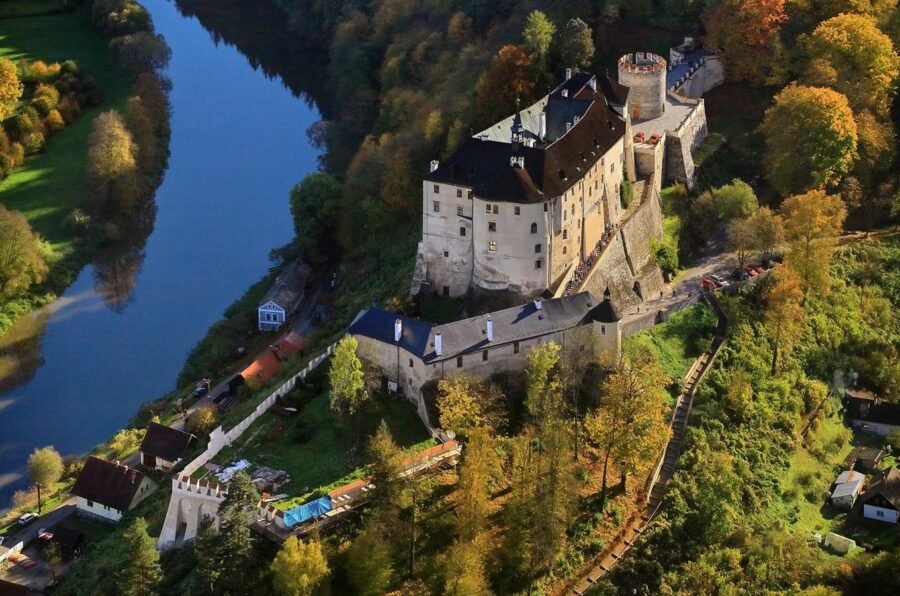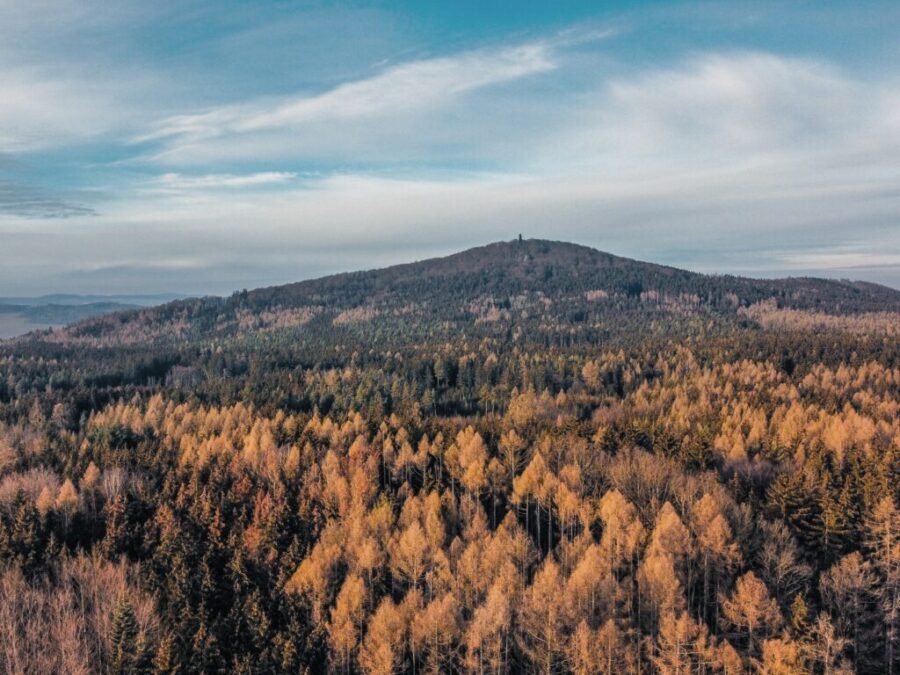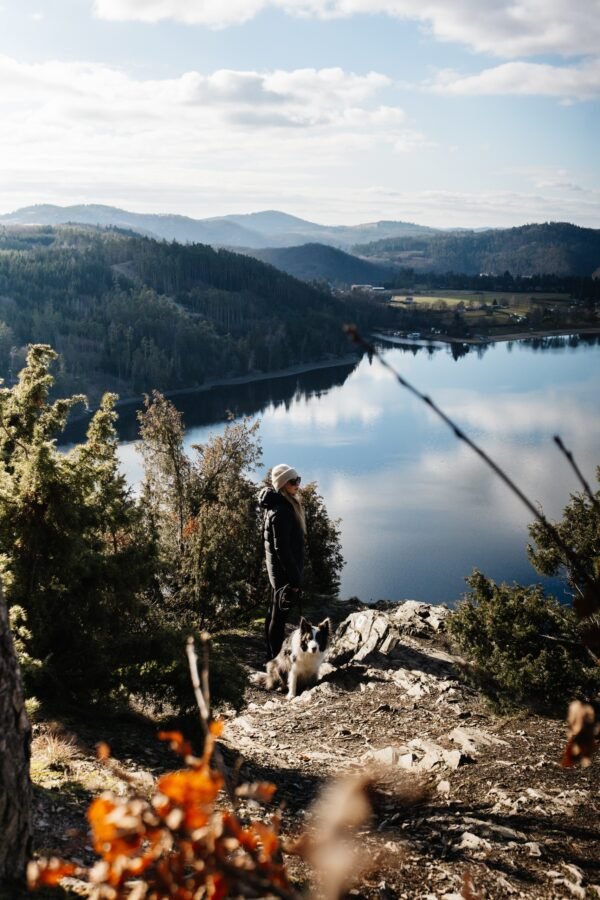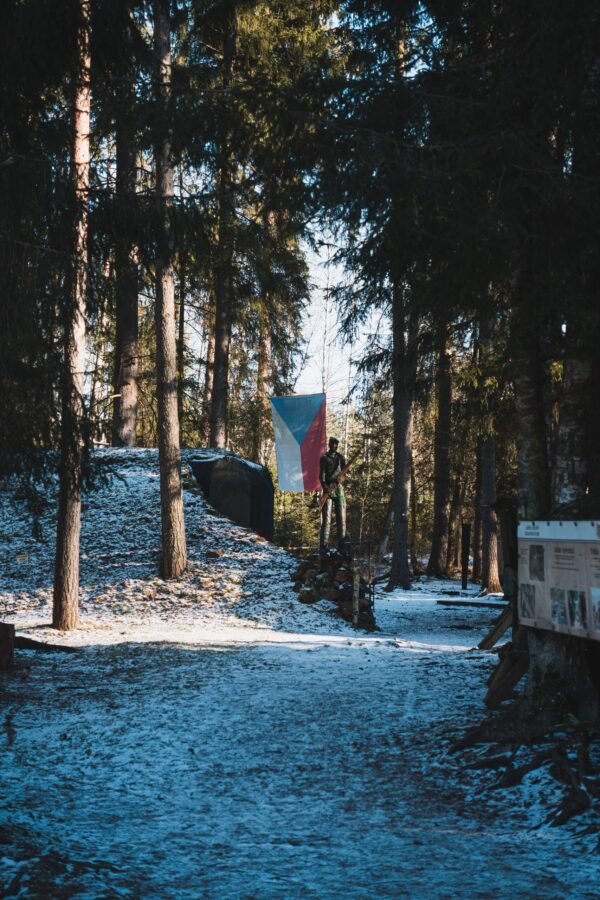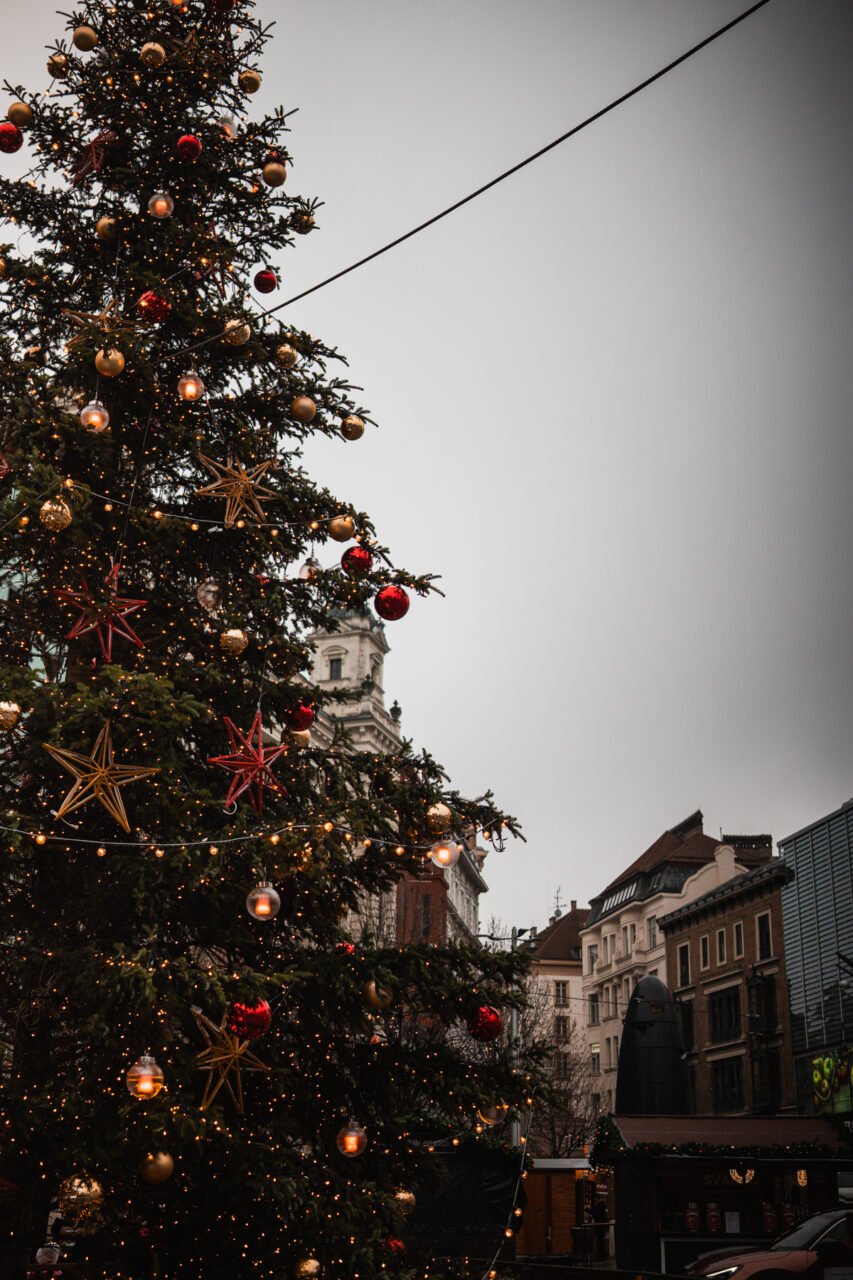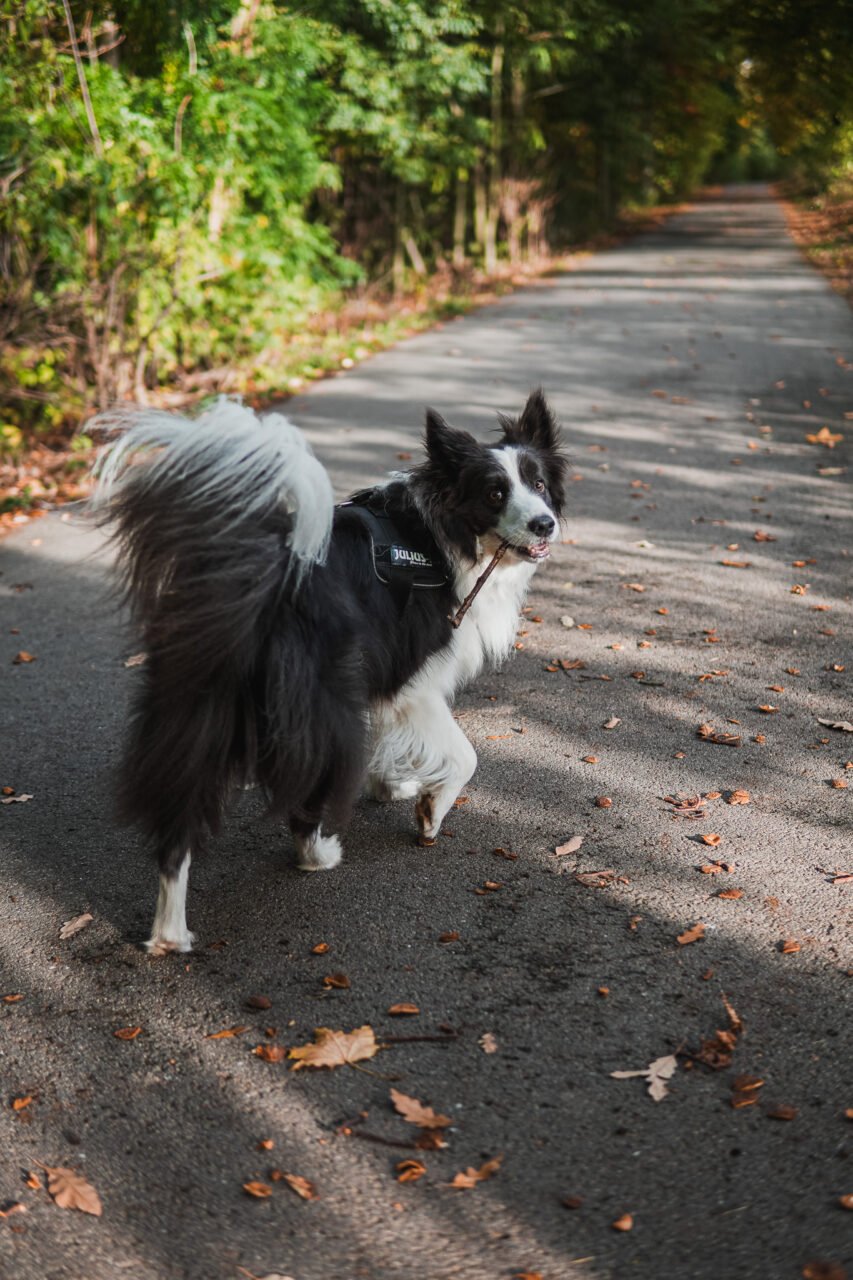When is the best time to visit the Czech Republic?
Summer (June–August) offers warm weather ideal for hiking, castle visits, and outdoor activities. However, it’s also the peak tourist season.
Spring (May–June) and autumn (September–October) bring mild weather and beautiful landscapes with blooming trees or colorful foliage, plus fewer crowds.
Winter (December–February) is great for winter sports—Czech mountains offer good conditions for skiing, snowboarding, and cross-country skiing, though it’s colder and days are shorter.
Also consider specific festivals or events you want to experience, and whether you prefer warmer weather or quieter times with fewer tourists. Most festivals happen in summer, while winter is known for magical Christmas markets in nearly every major city.
How expensive is travel in the Czech Republic?
Travel costs in the Czech Republic are relatively low compared to Western Europe. Restaurants, public transport, and accommodation are affordable—even in the capital. Prague is slightly more expensive than the rest of the country, but still cheaper than most European capitals.
The average monthly cost of living for two people, excluding rent, is below the European average—so you might be pleasantly surprised by the prices when traveling.
How to get around the Czech Republic?
Traveling around the country is easy and inexpensive. The Czech Republic has a well-developed public transport network, connecting even remote areas via trains, buses, and roads.
The rail system is generally reliable, efficient, and very affordable compared to Western Europe. However, you may not always find direct train connections—so for exploring nature or moving quickly, we recommend renting a car.
Car rental services offer a wide selection of vehicles, and the road network is well-maintained and mostly uncongested outside of Prague. To use highways, you’ll need a toll vignette, but no other major fees. Domestic flights are available, but for local travel, trains, buses, and cars are more popular.
How many days do I need to explore the Czech Republic?
The time needed depends on what you want to see and do.
If you’re only visiting Prague, 2 to 3 days may be enough.
If you’d like to see more, like Český Krumlov, Karlovy Vary, Brno, or national parks, plan for at least a week.
For a deeper cultural experience and to explore various regions, 10 to 14 days is ideal. This allows you to enjoy the diversity of the country and experience regional cultural nuances.
How to eat in the Czech Republic? Food and drink tips.
While traveling, you should definitely try traditional Czech dishes, which are typically hearty and rich. Soup is a must-have part of lunch. Here are some top dishes:
Svíčková na smetaně – braised beef with creamy vegetable sauce, served with bread dumplings, a slice of lemon, cranberry sauce, and whipped cream.
Vepřo knedlo zelo – roasted pork with dumplings and sweet-and-sour cabbage.
Guláš – thick and filling beef stew with dumplings or bread, topped with raw onion.
Ovocné knedlíky – fruit-filled sweet dumplings topped with melted butter, powdered sugar, and quark cheese.
Řízek s bramborovým salátem – breaded pork or chicken schnitzel served with potato salad.
For vegetarians, fried cheese with potatoes or fries is a popular option. And of course, don’t miss out on the famous Czech beer.
Do I need cash in the Czech Republic?
It’s good to carry some cash, although credit and debit cards are widely accepted in cities and tourist spots. In smaller towns and rural areas, cash is often still needed—especially at markets, small shops, or local restaurants.
It’s also handy for small purchases and tipping. The local currency is the Czech koruna (CZK).
Is tap water safe to drink in the Czech Republic?
Yes, tap water in the Czech Republic is generally safe and meets all EU standards. It is regularly monitored, and drinking tap water is common and considered safe, especially in cities and tourist areas.
What’s the situation with camping in the Czech Republic?
Wild camping (camping outside of official campsites or on private land without permission) is officially prohibited to protect nature and the environment. However, you can sometimes arrange to stay overnight on private land or farms for a small fee.
Bivouacking (sleeping under the open sky without a tent) is allowed, except in the Bohemian Switzerland National Park.
Campsites are affordable, typically costing between €10–30 (or around 500 CZK) per night. They’re often located in large meadows near rivers or lakes.
The comfort level in Czech campsites may be lower compared to Western Europe, but this is improving quickly. Some camps now offer excellent facilities, including snack bars, restaurants, and even free Wi-Fi. Note: many campsites accept only cash.
We also recommend using public camping areas, especially in Šumava National Park, where you can stay for free or for a minimal fee.







